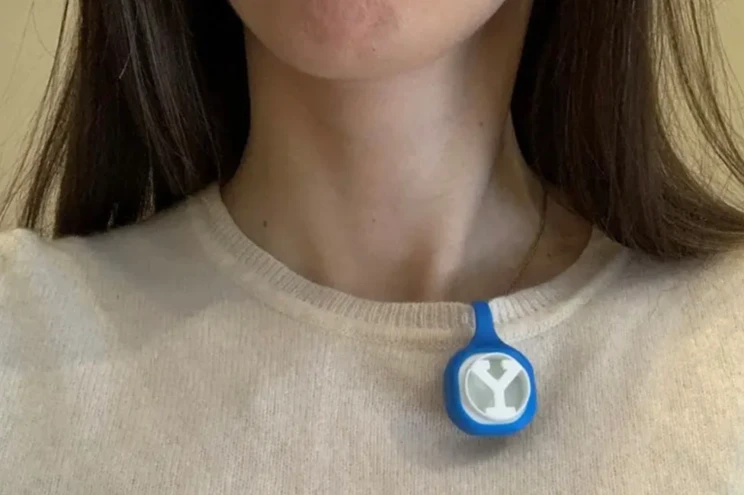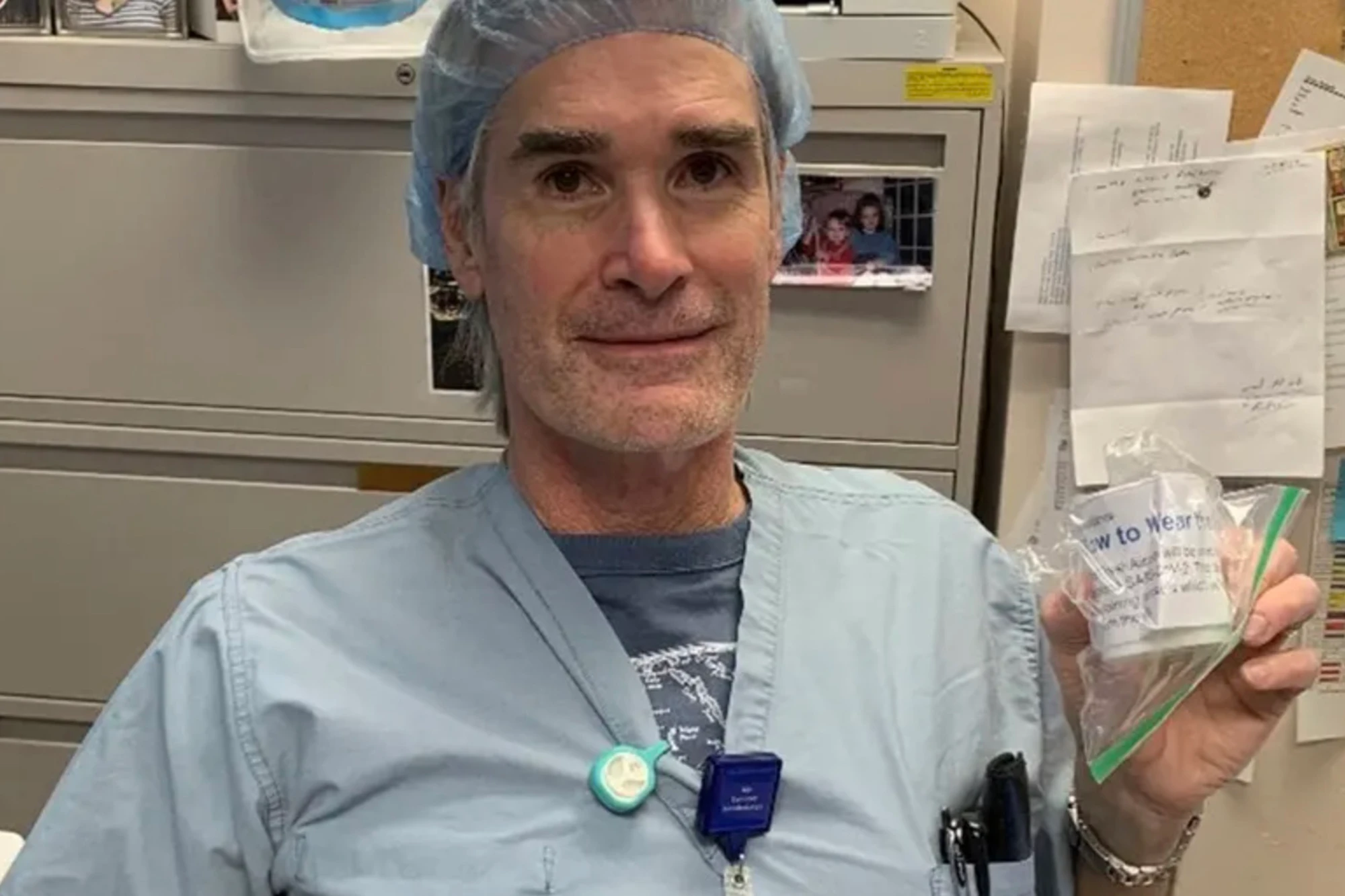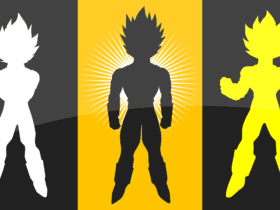A Yale research team has developed a clip that may be worn to detect COVID and might be upgraded in the future to spot other respiratory pathogens.
In collaboration with the Yale School of Public Health, researchers have created a wearable clip that can decide whether or not an individual has been exposed to the COVID-19 virus.
According to research published earlier this month in the peer-reviewed journal Environmental Science and Technology Letters, the device catches virus-laden aerosols that settle on a polydimethylsiloxane (PDMS) surface.
Krystal Godri Pollitt, who headed the team of academics that created the clip, told Fox News that its idea came up as a result of her study on how much exposure a person has to external elements.
According to Godri Pollitt, she created wearable technologies that we can use to assess our exposure to various chemicals in the air and other.
A Phlethora of Possible Uses for Respiratory Viruses
The wearable clip is intended to be reusable, with the polymer films being replaced regularly.
It is suggested to be used with at-home testing kits as a complementing device.
Godri Pollitt, the author of the study, stated:
“We want to go a step before that and be able to start thinking about, do we need more infectious control measures in place, do we need less people in this space? Do we need more ventilation?And also thinking about if people are at a potential risk for being infected? If we detect it within the air, there’s a good chance that maybe those people are at risk and should be quarantining.”
Godri Pollitt, a respiratory virus expert, told Fox News that there is significant potential in upgrading the clip for additional respiratory viruses. Godri Pollitt plans to make the clip accessible to the public in the foreseeable future, but it has not yet been authorized for public use.












Leave a Reply